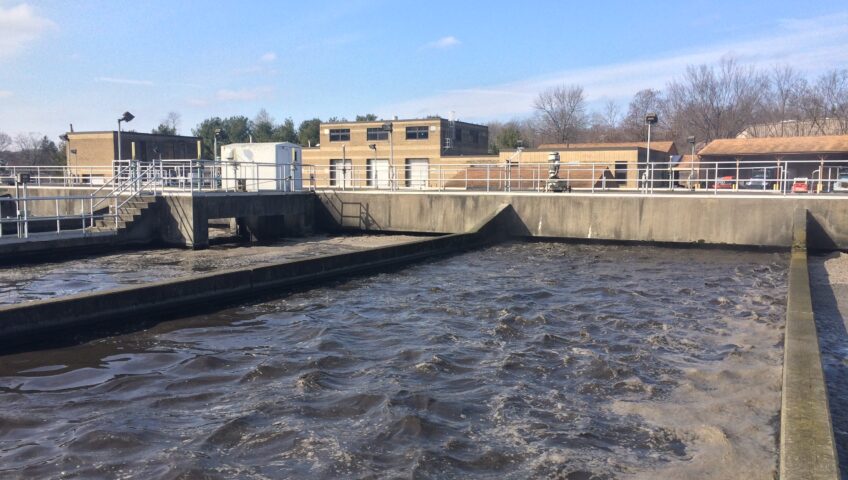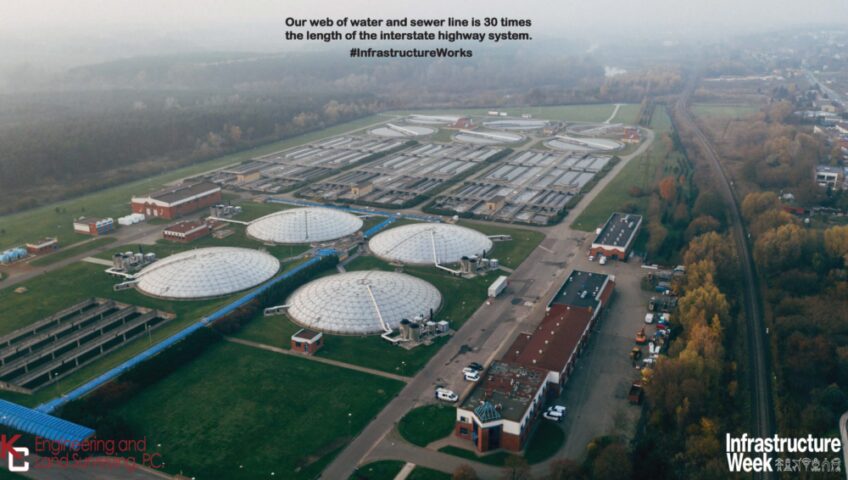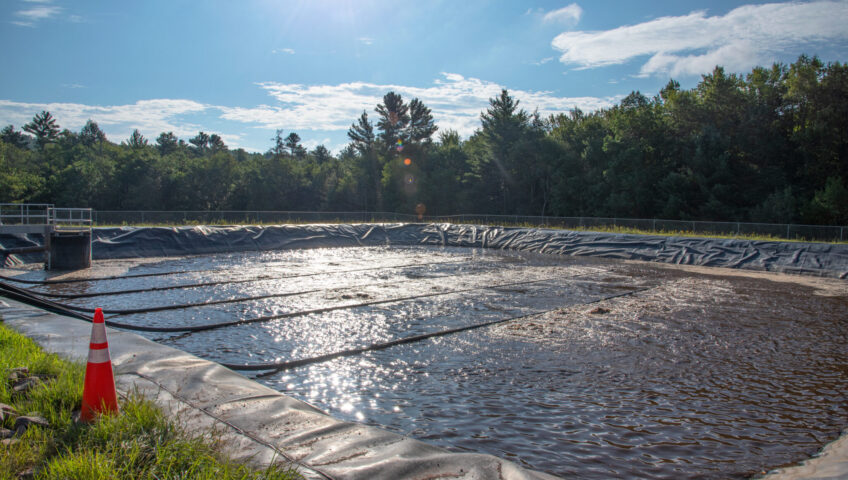Is ecological engineering the key to a harmonious coexistence of nature and humanity?
The term ecological engineering can be traced back to the 1960s when pioneer Howard T. Odum introduced the concept in his publications. Mr. Odum is known for his research and theory regarding energy flow, systems ecology, and other studies relating to ecological engineering. To this day, ecological engineers use previous and new concepts to help reconstruct our environment. For decades, ecological engineers have been working creatively to develop various strategies to integrate human activities with the environment for the mutual benefit of both. Concepts such as restore, conserve, and enhance are used by ecological engineers to bring awareness to creating less waste and to being more conscious of how we use our resources.
One of the key areas where ecological engineers have made significant contributions is in the creation and restoration of wetlands. Wetlands play a crucial role in maintaining the health of ecosystems by filtering pollutants, providing habitat for various species, and mitigating the impacts of floods. Ecological engineers work to design and construct wetlands that mimic natural processes, allowing them to effectively perform these functions. By doing so, they not only provide valuable ecological services but also offer recreational opportunities for humans to enjoy.
Another important aspect of ecological engineering is the development of wastewater treatment plants. These plants play a vital role in ensuring that human waste is properly treated before being released back into the environment. Ecological engineers employ various technologies and techniques to design wastewater treatment systems that are efficient, cost-effective, and environmentally friendly. By treating wastewater effectively, these plants help protect water bodies from pollution and ensure the availability of clean water for both humans and wildlife.
Ecological engineers strive to create sustainable solutions that promote the well-being of both humans and the natural world. By adhering to these principles, we can work towards a future where human development and environmental conservation go hand in hand.






